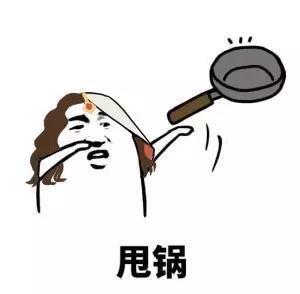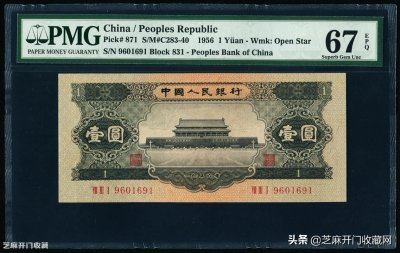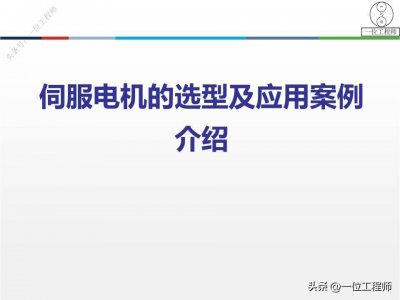“背黑锅”在普通话里是什么意思?
“背黑锅”在普通话里是什么意思?
What "back to the black pot" meaning in Mandarin?
“背黑锅”在普通话里是什么意思?
Noone wants the black pot in China!
在中国没人想要背黑锅!
Today, we are going to learn something about guō 锅(pot)and some expressions about this.
今天,我们将学习一些关于guō 锅(pot)的知识和一些与此相关的表达。
guō 锅-Pot

火锅 huǒguō –Hotpot

火锅 huǒguō—Hotpot, and “huǒguō” literally means fire pot in chinese. (huǒ=fire, guō=pot)
But guō is also used in some metaphorical terms in Chinese, like these two below:
火锅huǒguō-火锅,“huǒguō”在中文中的字面意思是火锅。(huǒ=火,guō=锅)
但锅在汉语中也有一些隐喻性的用法,比如下面这两个:
Bēi hēi guō
背 黑 锅

Bēi hēiguō is a phrase to express that one person take the blame for something that he or she didn’t do.
Bēi hēiguō是一个短语,用来表达一个人为他或她没有做的事情承担责任。
Literally, “bēi” means to carry on the back, and “Hēiguō” means black pot, but here, “Hēiguō” is a metaphor for charge, accusation or bad reputation. So “Bēi hēiguō” means to hold the bag or take the blame. It’s normally used when innocent people have to take the charge or the blame for something bad that somebody did.
字面上,“bēi”是指背着,而“Hēiguō”是指黑锅,但在这里,“Hēiguō”是指指控、指控或坏名声。所以“Bēi hēiguō”的意思是拿着袋子或者承担责任。当无辜的人必须为某人所做的坏事承担责任或责任时,它通常被使用。
Let’s check some examples:
让我们检查一些示例:
· zhè shì nǐ de cuò ,bù néng ràng tā bēi hēi guō.
这是你的错,不能让他背黑锅.
It’s your fault, you can’t let him take the blame for you.
让我们检查一些示例:
· wǒ bù xiǎng bēi zhè ge hēi guō
我不想背这个黑锅。
I don’t want to take the blame for this.
我不想为此承担责任。
Shuǎi guō
甩 锅

Shuǎiguō is another phrase that’s based on Bēi hēiguō, which is ”shuǎiguō”. Shuǎi means to toss and guō means pot. So this phrase literally means to toss the pot. And it’s used to express someone did something bad but didn’t take the responsibility.
Shuǎiguō是另一个基于Bēi hēiguō的短语,即“Shuǎiguō”。Shuǎi的意思是扔,guō的意思是锅。所以这个短语的字面意思是扔罐子。它用来表达某人做了坏事但没有承担责任。
For example:
例如:
· Rén wèi shén me xǐ huan shuǎiguō?
人为什么喜欢甩锅?
Why do people like to run away from responsibility?
为什么人们喜欢逃避责任?
· Tā zuò cuò le zǒng xǐ huan shuǎi guō gěi bié rén 。
他做错了总喜欢甩锅给别人。
He always let someone else take the blame when something went wrong.
出了问题,他总是让别人承担责任。
-

- 张兆和和沈从文的爱情,始于感动,张兆和晚年忏悔不已
-
2025-05-30 12:23:58
-

- 降了!秦皇岛最新房价公布
-
2025-05-30 12:21:43
-

- 第二套人民币收藏价值及行情价格
-
2025-05-30 12:19:29
-

- 587.5W网红黄锦鸿疑被恶搞,公开拿东航事件开玩笑,女友称已报警
-
2025-05-30 12:17:14
-

- 《大明星》评委田慧定居泰国,否认与武文是夫妻,为妈49岁仍单身
-
2025-05-30 12:14:59
-

- 最便宜的5G手机仅999元,7nm芯片+5000mAh电池
-
2025-05-30 12:12:45
-

- 盘点:10位演过超人的好莱坞男神,里夫超帅,卡维尔造型酷
-
2025-05-30 12:10:30
-

- 李现曾是80公斤的胖子,宝藏男孩鲜为人知的故事
-
2025-05-30 12:08:15
-

- 还不会电机选型?4大选型原则要熟记,6步选型步骤要掌握,学习了
-
2025-05-30 06:58:57
-

- 大花天竺葵,养护分3步,来年爆满盆,开成大花球
-
2025-05-30 06:56:42
-

- 袁绍的谋士许攸为何投奔曹操?许攸献计曹操对官渡之战有何影响?
-
2025-05-30 06:54:28
-
- 淘宝top30带货主播8月直播数据公布!明星主播中林依轮最强
-
2025-05-30 06:52:13
-
- 北京朝阳站为何没地铁?东北高铁本拟接入北京站,后来为啥放城外
-
2025-05-30 06:49:58
-

- 15个“新一线城市”:天津、长沙上榜,惠州、大连、泉州仍需努力
-
2025-05-30 06:47:44
-
- 「中国铁路」现T字头直达列车汇总「T101-T999」(截止21年10月)
-
2025-05-30 06:45:29
-

- 收拾不听话的下属,不用辱骂批评,这四个招数,比针锋相对好用
-
2025-05-30 06:43:14
-

- 《我不是药神》的故事原型,比电影中更感人
-
2025-05-30 06:41:00
-
- 小伊伊称不认识幻影哥被证据“打脸” 幻影哥因恶意炒作被封
-
2025-05-30 06:38:45
-

- 西魏八柱国之一的独孤信
-
2025-05-29 23:29:42
-
- 盘点十大搞笑喜剧电影
-
2025-05-29 23:27:27



 开封犹太人在中国17个姓氏,实际上只有七姓八家,现存6姓
开封犹太人在中国17个姓氏,实际上只有七姓八家,现存6姓 河北区划调整猜想:撤销邢台市,整体并入邯郸市
河北区划调整猜想:撤销邢台市,整体并入邯郸市